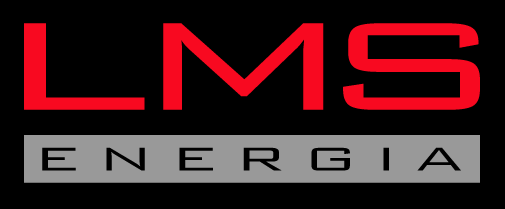
Mission
ENERGY EFFICIENCY
Energy Savings Certificates (ESC) (Italian acronym TEE)
Energy Savings Certificates (ESC) (Italian acronym TEE), or more commonly called White Certificates, are certificates issued in Italy by GSE (Gestore dei Servizi Energetici, Energy Services Manager) upon the application of energy efficiency measures.
The savings obtained from energy efficiency must be measured in TOE (Tonnes of Oil Equivalent) and each saved TOE corresponds to an Energy Efficiency Credit.
White Certificates arise from the need to fulfill the Kyoto Protocol and EU’s 20-20-20 targets (-20% carbon dioxide emissions, -20% consumption through energy efficiency, +20% renewable energy) by 2020. Thus, energy efficiency allows a strong reduction of consumption and therefore a reduction of greenhouse gas emissions into the atmosphere:
the system is based on a mandatory primary energy saving scheme for electricity and natural gas distributors with more than 50,000 end customers. For each mandatory year, from 2017 to 2020, saving targets have been set that distributors must achieve through the implementation of energy efficiency measures.
TOEs represent an opportunity for all the subjects that carry out energy efficiency interventions, which can thus be recognized as having additional economic benefits compared to the effects of energy upgrading, with the help of LMS ENERGIA.
Mission
Energy Performance Contract (EPC)
The EPC or Performance Agreement is a contract whereby a supplier (generally an ESCo) offers itself for the implementation of energy efficiency interventions on an energy system owned by another subject (Customer) using its own or third party financial means.
With the stipulation of an Energy Performance Contract, the Customer does not directly purchase the energy efficiency system to be implemented in his plant, but enjoys its actual advantages. The consideration recognized by the Customer to the supplier is linked to the amount of energy savings actually obtained consequent to making the system more efficient, and it lasts for a set period.
Once the period of validity of the contract has been completed, the energy and economic advantages resulting from the efficiency measures are transferred to the system owner.
